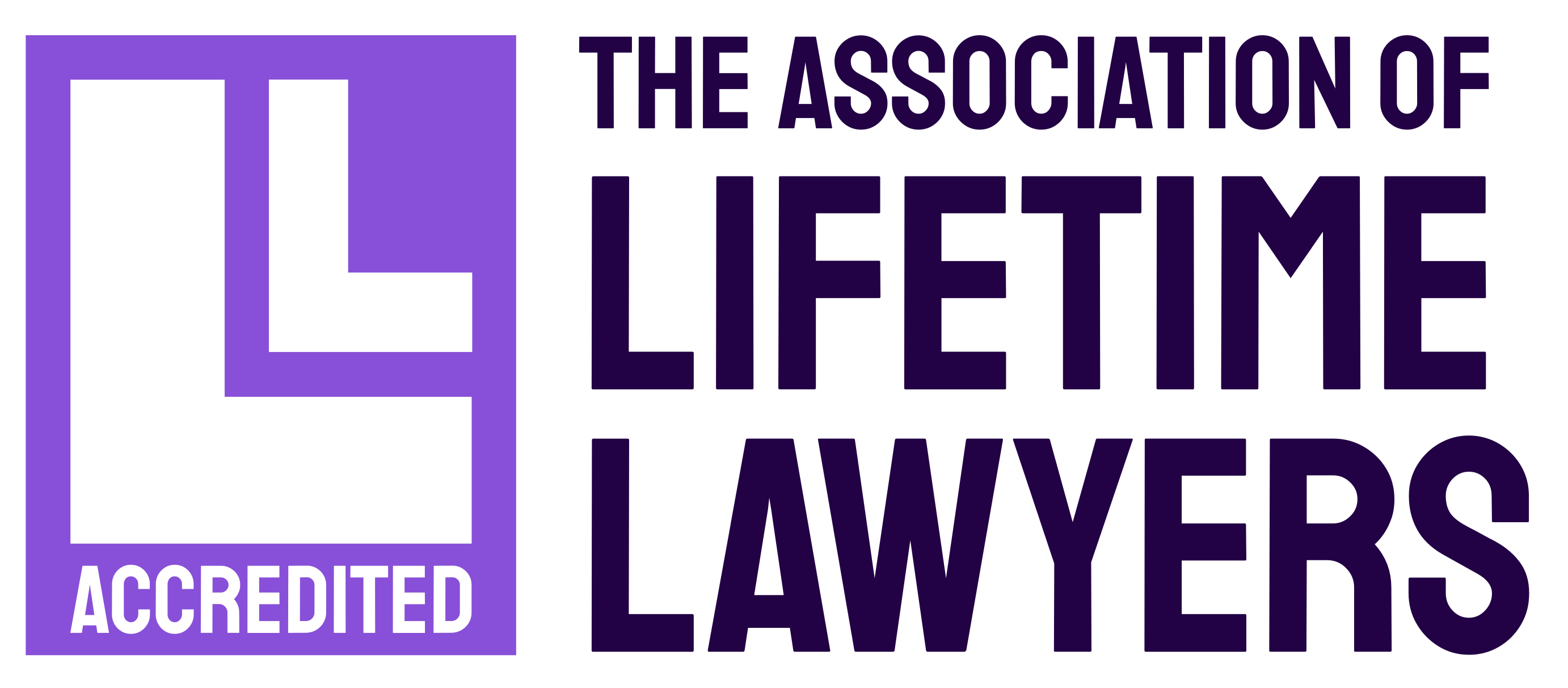News & insights
Can anyone challenge a Lasting Power of Attorney?
25th March 2022

A Lasting Power of Attorney (LPA) is an invaluable legal document which allows you to appoint someone else to manage your property and financial affairs, health and welfare in the event that you are unable to do so yourself.
Due to the significant powers granted by these documents, it is sensible that they are prepared correctly and as part of this process, it is important to understand that there are some situations in which they can be challenged by third parties, such as other family members and loved ones, professionals and public bodies where they believe it is in your best interests to do so.
Who can challenge a Lasting Power of Attorney?
Anyone who believes that an attorney is not acting in the best interests of the donor, or that they are potentially abusing their position, can challenge the attorney on their appointment or on specific actions that they have taken.
Why might someone challenge a Lasting Power of Attorney?
There are a number of reasons a Lasting Power of Attorney can be challenged. It is not possible to list all in this document, but we have provided some of the more common challenges below.
The Lasting Power of Attorney was not prepared properly. The LPA document you signed may not be valid if it was not prepared properly, is missing information or has incorrect details. In England and Wales, a Lasting Power of Attorney that does not meet certain criteria can be challenged by concerned family members or friends.
A third party has an interest in the estate. If someone is named as your attorney under your LPA, it could present a conflict if they have an interest in your estate, especially if they stand to inherit something. For example, if you’ve appointed one of your children to act on your behalf, there is a chance that he or she will feel obligated to use his or her own judgment and not yours when it comes time to making decisions on how best to distribute assets according to your wishes.
The donor was unduly influenced. If a donor (i.e., the person creating the LPA) has been unduly influenced by someone else in signing his or her LPA, and those they choose to appoint as their attorneys under it, the LPA may be deemed invalid.
Fraudulent abuse or misuse of the LPA. If you know that someone else has tried to use your LPA for their own personal gain, then you may be able to challenge it. This is usually done through presenting evidence that your signature on some official document was not yours or that you did not give permission for someone else to act as your agent. For example, if an agent used his authority over another’s finances to purchase expensive items for himself, then he might have fraudulent intentions and could be punished for fraud in civil court.
Incapacity of the donor. An LPA is not valid unless the donor has the requisite level of legal capacity, and it cannot be used until it is registered. If you can prove that the donor never had the mental capacity to make such an important decision, or that they suffered from some sort of psychological incapacity when they signed it, then you may be able to show that the LPA should be invalidated.
How do you challenge a Lasting Power of Attorney?
If you have concerns about the actions of an attorney, you can make a report to the Office of the Public Guardian, which oversees the role of an attorney.
The Office of the Public Guardian can investigate the actions of an attorney and can direct an official of the Court to visit an attorney to investigate the concerns. The Office of the Public Guardian can then choose to remove the attorney from the LPA if they have sufficient evidence to do so. In some serious cases, the Court of Protection can cancel an LPA or take action against the attorney.
When to get legal help
To give you peace of mind that you have been given comprehensive advice in relation to your individual circumstances, and to ensure all documentation is completed and registered properly, we recommend instructing a law firm who specialise in Private Client Law to draft your Lasting Powers of Attorney.
Likewise, if you are thinking of disputing someone’s LPA, we would advise speaking to an appropriately qualified solicitor with the relevant experience first.
Please note that this is not legal advice; it is intended to provide information of general interest about current legal issues.
>> Latimer Hinks Solicitors are appointed as an attorney for many of our clients and we have solicitors who specialise in court of protection matters. For more information and advice, contact our Private Client team.

Jennifer Quayle (TEP)




